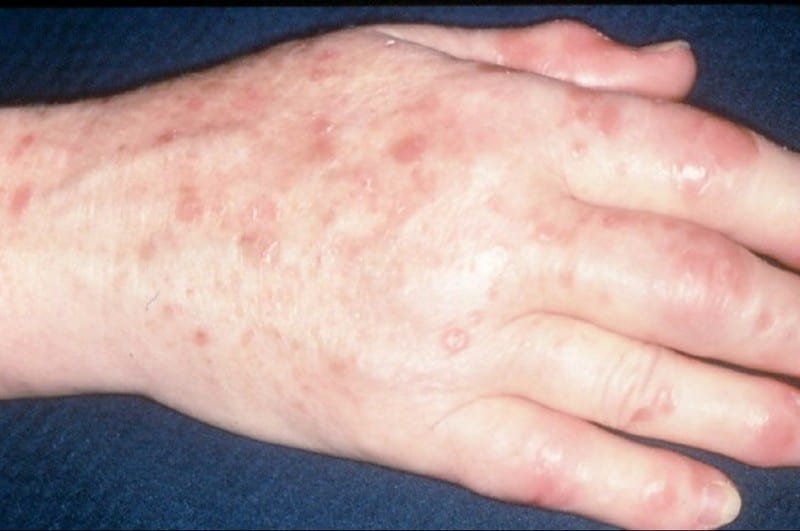Psoriatic Arthritis

Psoriatic arthritis is a type of arthritis that can cause asymmetric swelling in the extremities, most commonly the arms. This swelling is known as pitting edema and is usually resistant to therapy. Psoriatic arthritis alters lymphatic drainage. The lymphatics are a system of vessels that help remove excess fluid from tissues. When they are not functioning properly, fluid can build up and cause swelling.
The first line of treatment for edema is usually conservative measures such as elevation and ice packs. If these measures are ineffective, doctors may prescribe diuretics to help reduce fluid retention. In severe cases, surgery may be necessary to remove excess fluid. Steroids are anti-inflammatory medications taken orally or injected into the affected joints. Steroids can help reduce pain and swelling, and they can also help prevent further damage to the joints. In some cases, steroids may be used in combination with other types of medication, such as disease-modifying anti-rheumatic drugs.
The decision to treat psoriatic arthritis with steroids should be made by a doctor or other healthcare professional familiar with the individual’s medical history and current health condition. Steroids are not appropriate for everyone and can have serious side effects.










